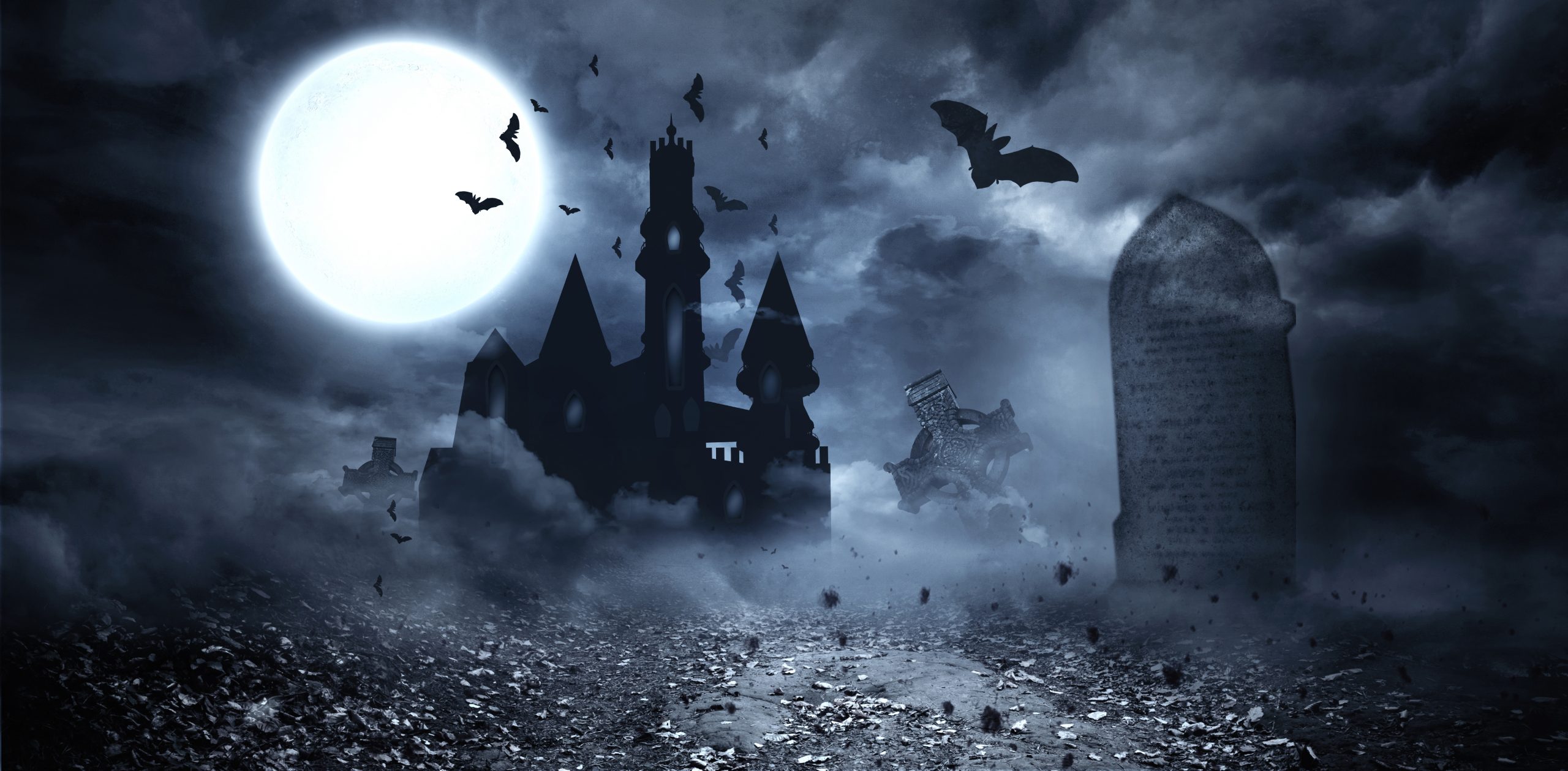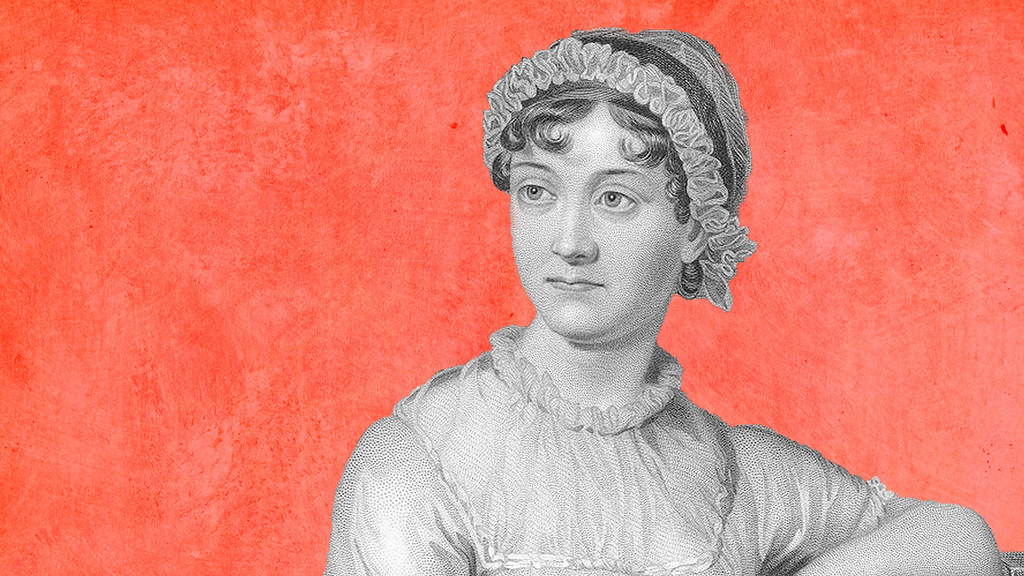Persuasion's protagonist Anne Elliot is perhaps the one character who critics describe as closest to Austen herself, going as far as to suggest that this novel is in fact part autobiographical. It is a novel that shows Austen at her wittiest. Although Anne, ‘the only one with any sense’ is taken for granted by her family, her strong sense of self and righteousness can be heard throughout in her authorial voice. She is no fool, yet acted foolishly in her youth. Like all novels by Austen, the tale spun here is of failed romance, human error and ultimately reconciliation. The following creative activities will bring Persuasion to life; they are designed to be funny and lively – much like the elaborate dinner parties in the 1880s that Jane attended.
Agony Aunt Activity
There is nothing Lady Russell likes more than subtly telling Anne how to run her life. Now it’s your turn to be controlling in the name of ‘proper society’. Students should imagine they are an agony aunt in the 1800s, what advice would they give in the following situations?
a) Dear Lady Agony, my beloved father and sister Elizabeth fritter away our family inheritance on materialistic possessions. My dear Papa is concerned with the society of ‘gentleman not working men’ and old money and titles. I orchestrated a move to a smaller house in Bath to save money but discover them spending copious amounts of pounds on society in the assembly rooms. What would you suggest I do? Anne
b) Dear Lady Agony, I used to be engaged to the finest of men, but it was an ill-advised match due to his lack of money and my family’s ease at spending it. I saw him again recently, ‘the worst is over, I have seen him, we have been once more in the same room’. He clearly despises me yet my heart remains his. He has money now, what amends can I make? Anne
c) Dear Lady Agony, my dearest goddaughter was engaged at 19 to ‘a young naval officer who had no fortune or expectations’. Thankfully, she broke off the engagement at the time but now I discover her wish to reconcile. How can I remove her from this situation without scandal that may be reflected on me? Lady Russell
Can they now create their own problems in the guise of a character and have other members of the class solve them? Could you turn this into a Drama activity with the characters coming alive from the page? What about a modern interpretation with the characters being contestants on Love Island?
2. Dating App
You have received an application from Captain Frederick Wentworth who wishes to set up his dating profile. He was quite withdrawn and quiet so you may need to find some additional information about him in order to make him sound appealing to the highest quality social ladies. We do have the quote: ‘what I desire above all in a wife is a firmness of character; a woman who knows her own mind’. We also have it on good authority that he is the ‘most handsomest man in the Navy and quite unattached’. It shouldn’t be difficult to make a sound social match. We will of course need to know his income and his family lineage. Which ladies’ profiles would we match him with?
3. Character Top Trumps
Show the class a pack of Top Trumps before starting this activity. Ask students to spend 15 minutes collecting all the characters they can think of in the novel (this activity will work better with main characters so they can then choose 10). They then need to make a Top Trump card for their chosen character with a picture. I would suggest some of the following criteria for the cards with a mark out of 100: occupation, money, stupidity, secrets, honesty and importance to the novel. This should cause some lively discussion – is Mr Elliot the stupidest character and what makes him this way? What about Anne’s sisters? Where would they rank? Could they create a limited edition villain and who would that be? Is Anne the Top Trump or Frederick?
By Joanna Fliski
Joanna Fliski is a freelance writer, secondary English teacher and primary school teacher in Bristol.
Read More




